
The book begins with the stories of matsutake pickers in the Pacific Northwest, a heterogeneous group of recent Southeast Asian immigrants, middle class Japanese Americans and white survivalists. Beginning with the pickers and middlemen, she traces the long supply chain of this extraordinarily expensive mushroom, that’s given as a gift in Japan, and shows how these cultures interact with their histories and the environment.
The strength of this book is that Tsing doesn’t shy away from complexity and contradiction. She doesn’t try to tie everything into a tidy narrative. What emerges from this story of matsutake is not a neat timeline but an assemblage, a messy collision of cultures, biology and economics. Tsing’s ethonograpic mosaic mirrors the biology of the fungal world which is itself a bundle of contractions, at times symbiotic at other times parasitic with a complexity that we’ll never be able to fully grasp.
Matsutake, it turns out, thrives in forests disturbed by human activity. Like Kat Anderson’s masterful Tending the Wild, Tsing’s book shows the mistake of considering “nature” outside the presence of human beings. The matsutake economy, it turns out, is just about the perfect story with which to consider the neo-liberal and precarious ruin we find ourselves in. Tsing says,
Without stories of progress, the world has become a terrifying place. The ruin glares at us with the horror of its abandonment. It’s not easy to know how to make a life, much less avert planetary destruction. Luckily there is still company, human and not human. we can still explore the overgrown verges of our blasted landscapes–the edges of capitalist discipline, scalability, and abandoned resource plantations. We can still catch the scent of the latent commons–and the elusive autumn aroma.
Following the matsutake’s long mycelium threads, wherever they lead us, might just be what we need to do right now.
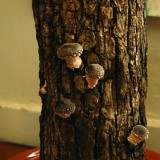
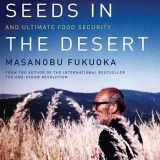
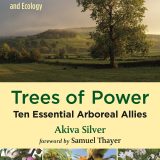
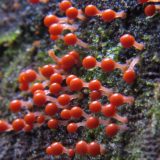
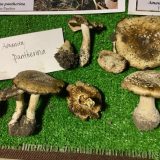
I’m so glad that you are reading Tsing’s book in the club. Your summaries of events and ideas, as always, help me make sense of things. I had not connected tending and stewardship of Tending Wild to the agricultural management of the fungi pickers. Thanks for that and for all your reading and sharing as always!